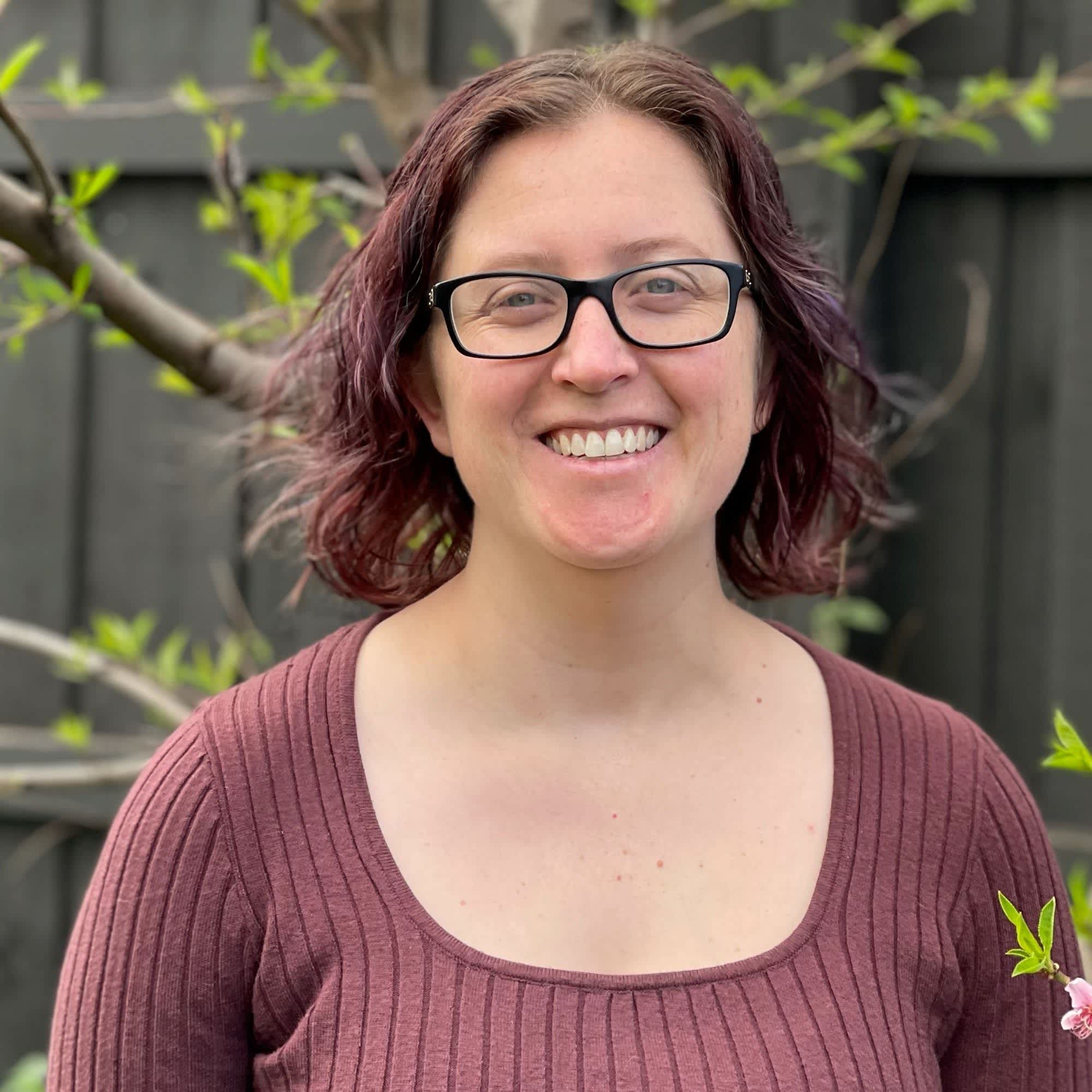
- POPSUGAR Australia
- Gaming
- Meet the Woman Behind Smash-Hit Mobile App The Sims FreePlay
Meet the Woman Behind Smash-Hit Mobile App The Sims FreePlay

Ever played The Sims on your phone? Amanda Schofield was behind that.
Schofield had been working as a junior programmer at company Firemonkeys making mobile games — an experience she says was like “being a kid in a candy store, getting to work on some incredible games” — when she had the bright idea to turn the classic computer game into a modern take for mobile.
“Around this time, a lot of companies were trying their hand at live service, which is all about building games alongside your players,” says Schofield. “We thought we’d give that a try and see how it went.”
The result was The Sims FreePlay, an app available on iOS and Android that, by the time Schofield finally stopped working on it seven years later, had had over 50 updates, been played by hundreds of millions of people around the world and is still going strong today.
These days, Schofield is now creating games for her own studio, Studio Drydock, with a team that’s two-thirds women and includes four people from Firemonkeys.
“People who loved playing those games also wanted to help make them,” she explains. “If I was going to build something from scratch, I needed that same level of diversity so my games would be made by people who had insight into the audience without the luxury of one of the biggest game brands.”
The initial three-person team began work on a prototype of a game idea they wanted to pitch to some publishers. To finish the job, they needed artists and animators and decided to advertise the contract roles internationally and have them working remote.
“The calibre of applicants we received took my breath away,” says Schofield. “They were based all around the world with very relevant experience to the kinds of games we wanted to make and they were diverse. We finished up the prototype and the answer was simple – we had to be a fully remote studio to find the right people to make our games.”
Schofield says she now has “all types” of women on her team, which she says is “great and terrifying”. She actively focuses on creating the right company culture for them that’s as inclusive as it can be and that’s supportive and encouraging.
“Support is more important than feedback,” she says. “Some people from underrepresented groups are early in their career and uncertain of their skills — they don’t even know how incredible they are yet — so jumping into ‘Let me tell you what you did wrong’ mode might work when you’re dealing with a grizzled senior but can be crushing to others.”
Through the culture Schofield’s created, her team know it’s safe to ask questions and to give feedback even if they don’t feel experienced. “It’s a lot easier to grow people in that environment,” she says.
Having started playing games herself at the age of eight and then going to study Computer Science in Games Technology at Charles Sturt University as the only female student in her year, Schofield understands the gaming world and the women within it well. She says one key consideration her studio takes on board with its approach to creating games that also target women is that women haven’t been playing games for very long.
“Games have been mostly played by men back to the ’80s so with the introduction of the App Store and all subsequent styles of games for your phone, a whole new generation of players appeared overnight,” Schofield says.
“They didn’t cut their teeth on Pong or play Space Invaders in the arcade cabinets, they started fresh with their phone. That journey completely changes the landscape on how they think about games. As developers, we need to unlearn all our past knowledge of games where some game systems might seem simple to us and are incomprehensible if you didn’t play a specific type of game before.”
As a result of this, play-testing and finding the right people who can tell her team “This doesn’t make sense” are critical for her studio. She says her team aim to design for someone who hasn’t had the same game history as they have. “For me, this is where having three sisters not afraid of tough love comes in really handy,” she says.
As for the future of gaming in general, Schofield uses the example of the release of the game Animal Crossing New Horizons during COVID-19 lockdowns. In the game, she says people found a way to be connected and create together.
“There have been many examples of this sort of experience in the past, but I don’t think a more profound moment has occurred than this one,” she says. “I think the future of gaming needs to find space for that feeling to be more accessible. There are many reasons for people to want to feel connected in a comforting way that aren’t solely due to the terrifying pandemics and I think we can do more.”
To not miss Studio Drydock’s new game launch, sign up to its mailing list.



